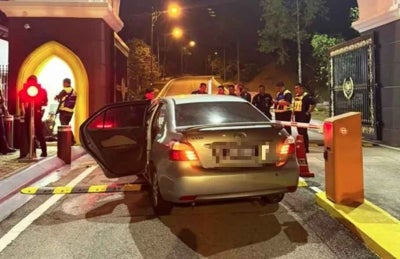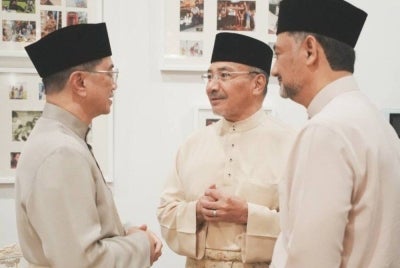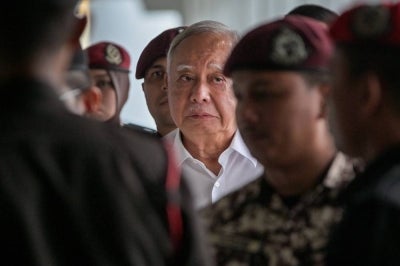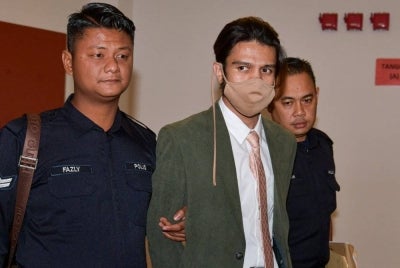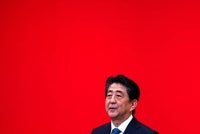Anwar should have responded better, say NGOs, politicians on Bumiputera quotas
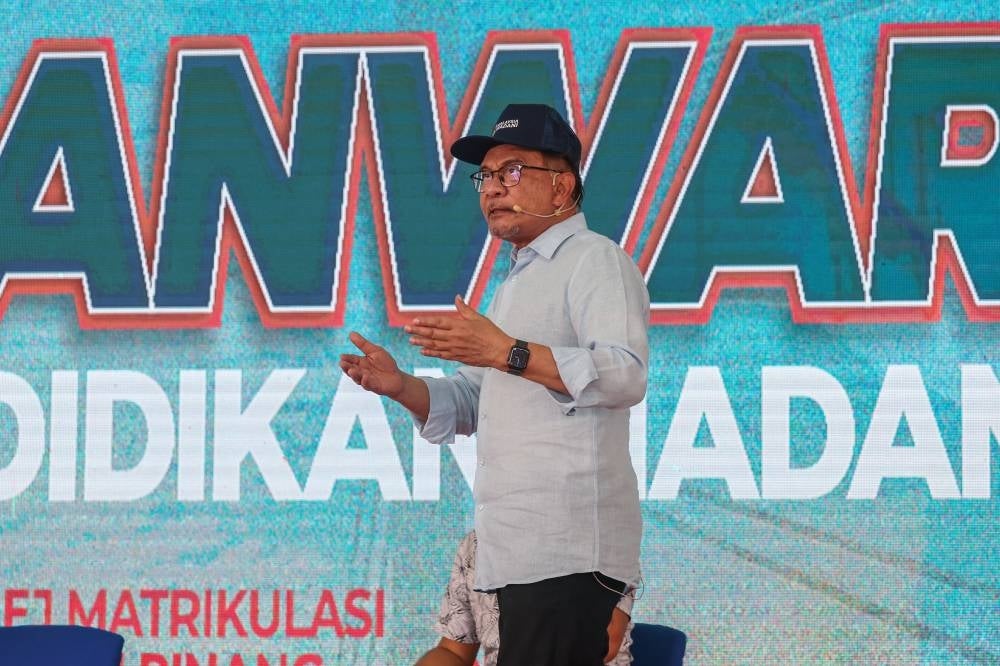
SHAH ALAM - Prime Minister, Datuk Seri Anwar Ibrahim's controversial response to a student inquiry about racial quotas in education has evoked mixed reactions from political leaders and youth groups.
Former Klang MP Charles Santiago expressed his belief that this incident is unlikely to have a major impact on Indian voters' sentiments on Anwar or the Pakatan Harapan (PH) coalition.
"I don’t think the voters will punish Anwar or Pakatan Harapan (PH) for this incident as there are larger issues involved in the long run," he told Sinar Daily.
He said the federal government has shown commitment to the Indian community by providing funds and support to Tamil schools and Indian entrepreneurs.
However, Santiago said the situation could have been handled better by Anwar.
"Maybe he [Anwar] was tired, but he could have answered the question more politely," he said.
Bersatu Legal and Constitutional Bureau deputy chairman Sasha Lyna Abdul Latif was reported to have asked Anwar to apologise for the harsh manner when he responded to a student's question during the 'Temu Anwar' session in Penang.
The student had asked Anwar a question on the country's quota system, limiting the prospects of Chinese and Indian students pursuing tertiary education at public universities.
Anwar has been slammed for cutting the teenager several times while questioning.
Universiti Putra Malaysia Political Expert Professor Dr Jayum Anak Jawan said racial quotas have been a long standing issue in Malaysia.
"Indian votes are important but they are not the deciding factor in any elections and in any particular constituency," he told Sinar Daily.
He further said Anwar addressed the core issue that the Bumiputra quotas are part of the constitutional and that it cannot be changed by anyone at their whims and fancies.
However, he agreed Anwar could have handled the response better.
Meanwhile, Perikatan Nasional (PN) Bukit Gasing candidate Nallan Dhanbalan believes Anwar's harsh response might impact Indian voter sentiment, especially to a student.
He felt this might be a turning point for some voters as for the past 8 months and expressed concerns about unfulfilled promises to the Indian community over the past eight months since the unity government too over.
He said there were a lot more the unity government could have done on education, places of worship and Tamil schools.
"Even though we have been independent for over 60 years, Indians are still far left behind and struggling," he said
The Bukit Gasing candidate urged Indian voters to use their power on the ballot paper to signal their discontent and not to take their votes for granted.
He highlighted concerns about limited opportunities due to quotas and the impact on the future of many Indian students. Savariyar noted that Indian youths had previously supported Anwar as a chance for change, but this incident caused negative feedback and disillusionment in the electoral system.
Commenting further is Malaysia Tamil Youth Bell Club Vice President, John Kennedy Savariyar expressed that from a youth perspective, it was viewed as unfair.
He touched on limited opportunities due to quotas and the impact on the future of many Indian students.
"We understand that there is a quota but what about the many students who are not given the opportunity because of the limited places? "In the end, their future is left as a question mark."
Savariyar noted that Indian youths had previously supported Anwar as a chance for change but this incident caused negative feedback and disillusionment in the electoral system.
"But after this statement, there was a lot of negative feedback.
"Many lost hope in the electoral system and felt like no political party has their back," he said
Download Sinar Daily application.Click Here!


